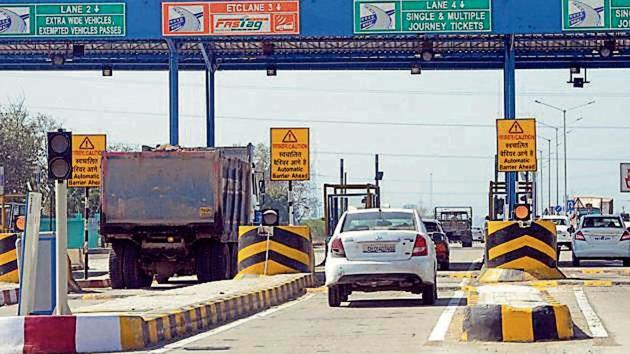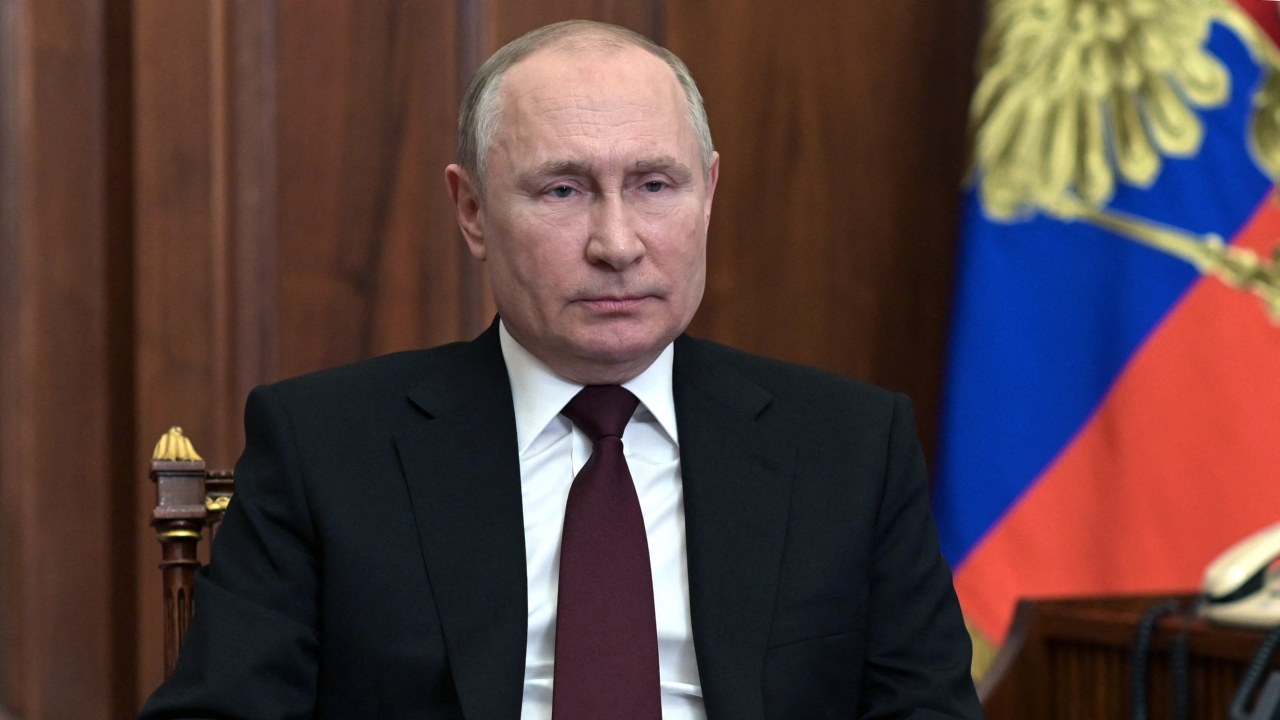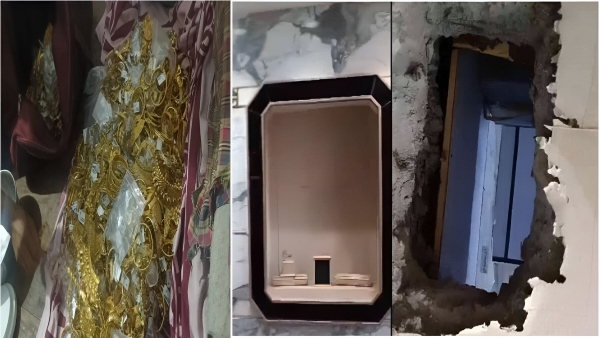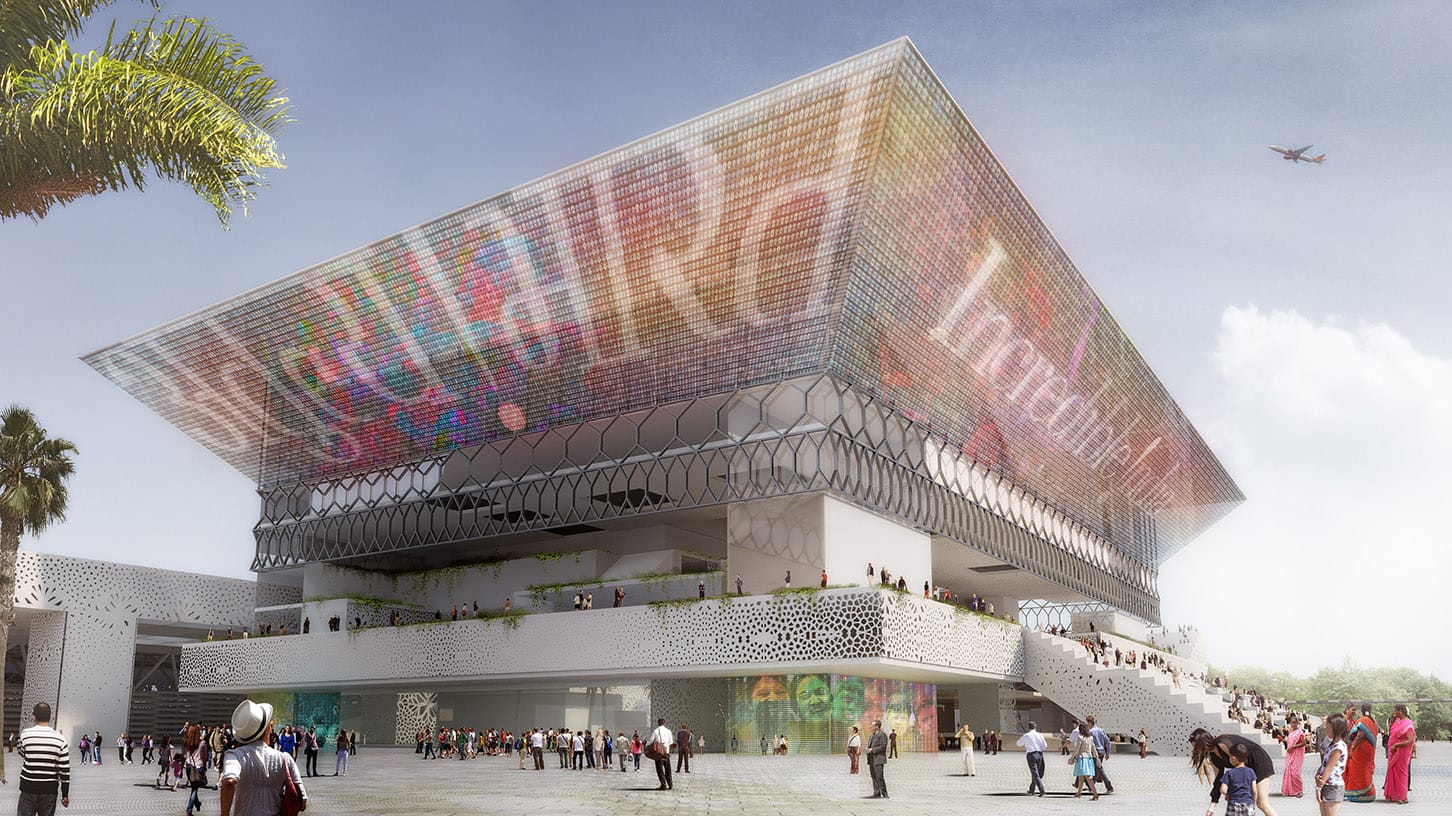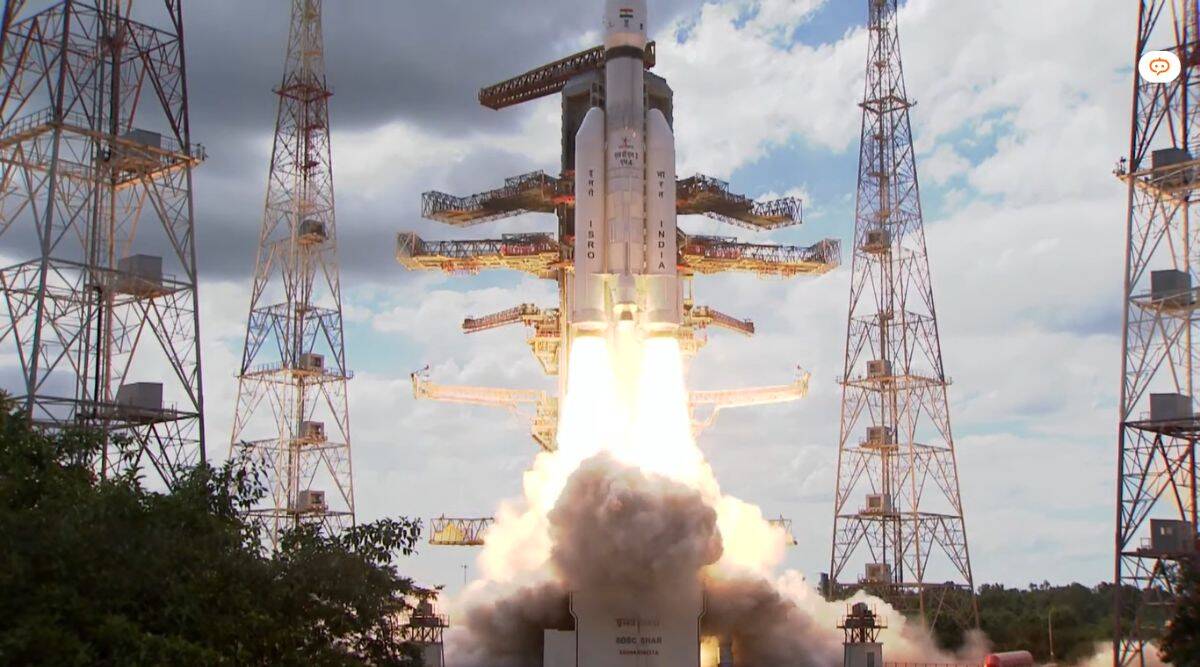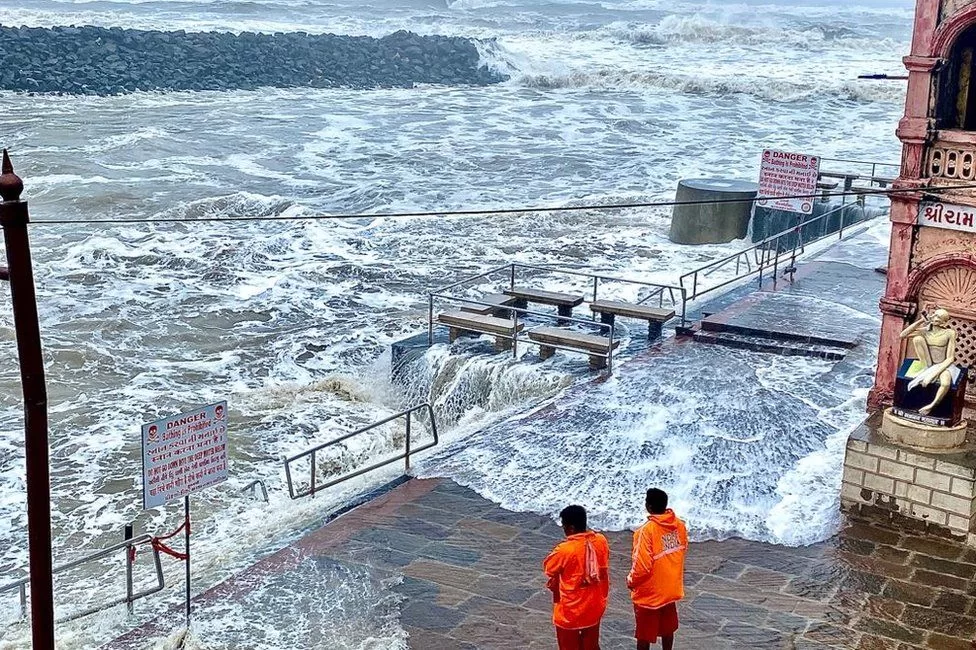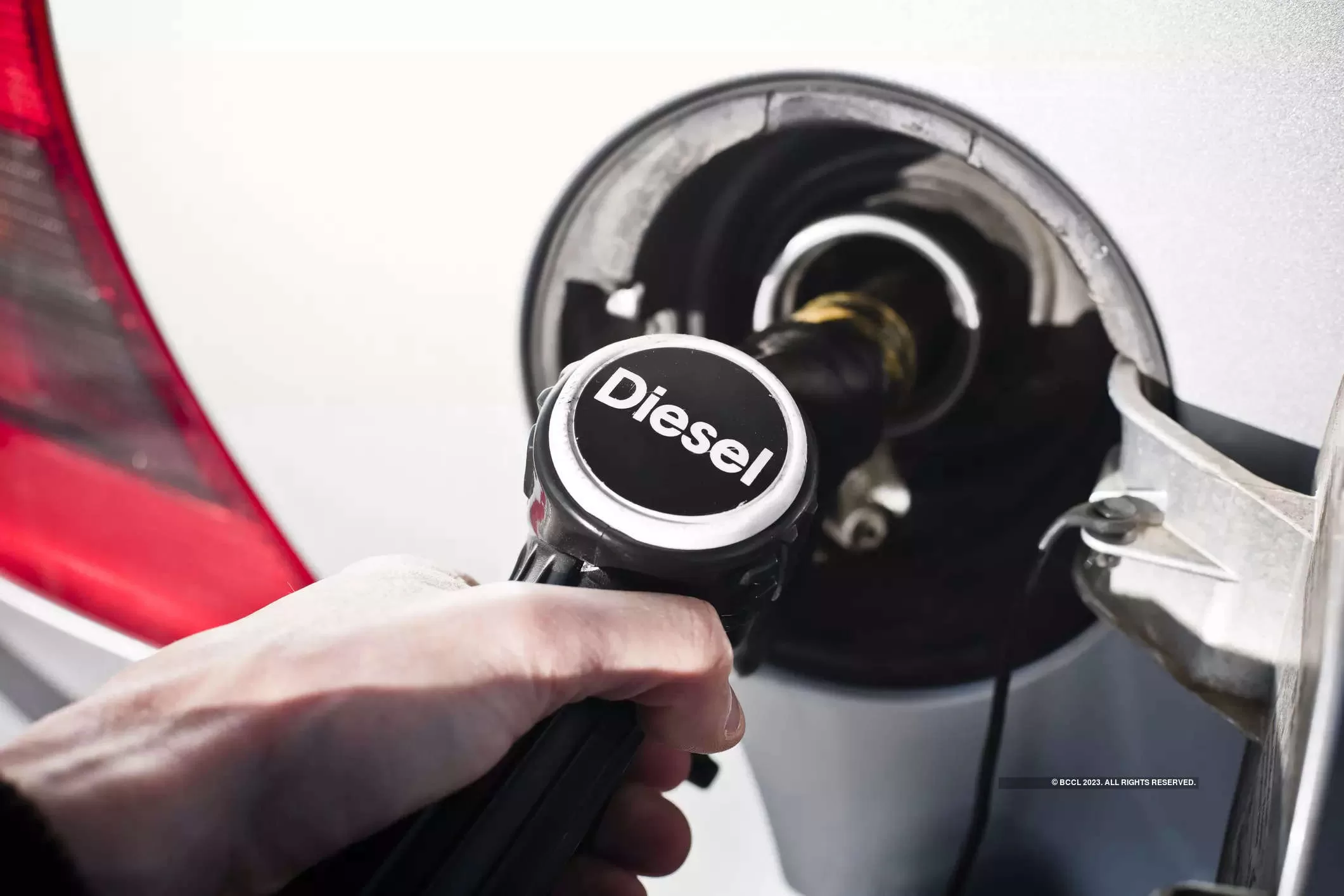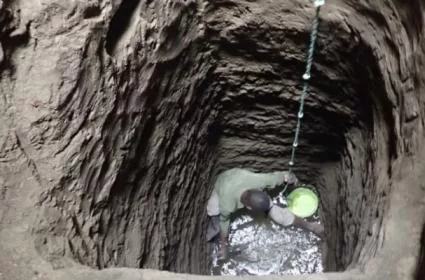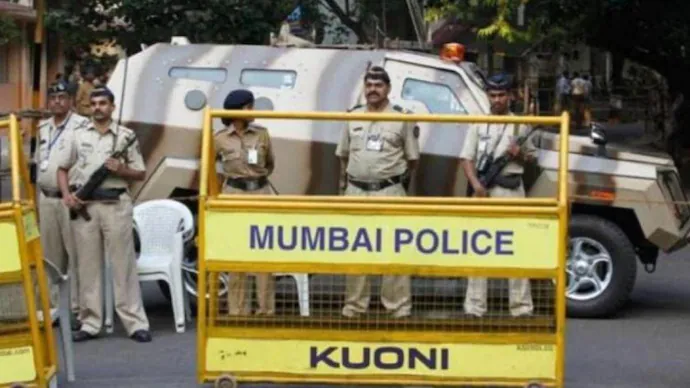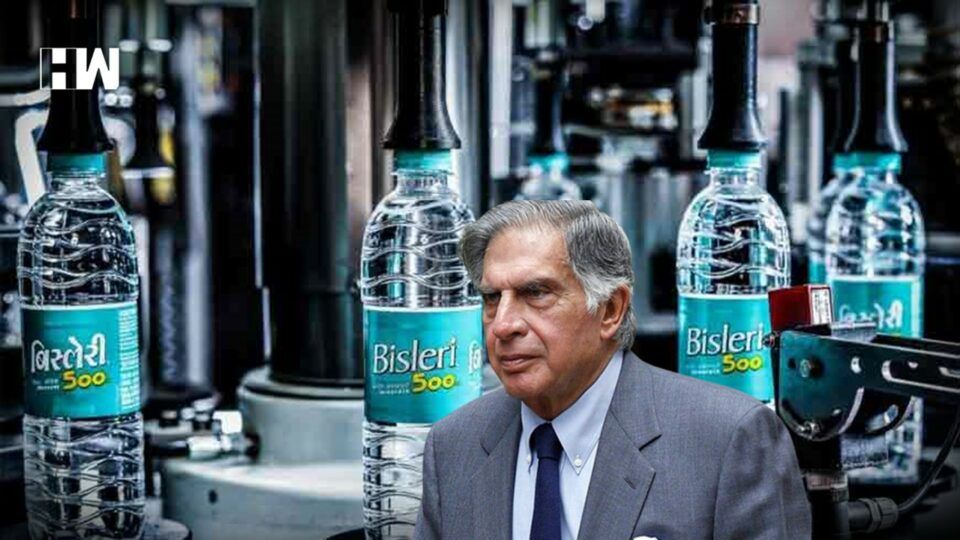
Situated at Al Dhafra on the Arabian Gulf, the Barakah Nuclear Power Plant is the first commercial nuclear power plant in the Arab world.
On Monday, September 9, the nuclear world witnessed a significant breakthrough when India and the United Arab Emirates (UAE) signed their first civil nuclear deal. This agreement, which opens the door for cooperation on a commercial nuclear facility, was reached while Sheikh Khalid bin Mohamed bin Zayed Al Nahyan, the Abu Dhabi Crown Prince, was in India.
The Memorandum of Understanding (MoU) for “operation and maintenance” of the Barakah Nuclear Power Plant, which was signed by the private Indian Nuclear Power Corporation (NPCIL) and the Emeriti Nuclear Energy Corporation (ENEC), is the cornerstone of this collaboration. Situated at Al Dhafra on the Arabian Gulf, the Barakah Nuclear Power Plant is the first commercial nuclear power plant in the Arab world.
The facility, which consists of four APR-1400 pressurized water reactors, each with a 1,400MW capacity to generate clean electricity, is expected to supply 25% of the UAE’s electricity needs over the course of the next 60 years.
Built for $20 billion by Korea Electric Power Corporation, Barakah has reached full fleet status with the activation of its fourth reactor yesterday, September 5. The most recent agreement, which saw India’s NPCIL sign a nuclear contract with the ENEC, has been hailed as revolutionary by certain diplomatic insiders.

It started with an agreement made in 2015 during Prime Minister Narendra Modi’s visit to the United Arab Emirates, when both nations committed to “peacefully utilize nuclear energy” in fields such as science, technology, safety, and agriculture.
The NPCIL-ENEC deal fits into the strategic plan of the UAE’s increased nuclear energy investment program. While ENEC is a wholly owned subsidiary of Abu Dhabi Development Holding corporation PJSC and a fully owned subsidiary of the UAE government, NPCIL is a public sector unit corporation of India that falls under the jurisdiction of the Indian Department of Atomic Energy.
The Ministry of External Affairs further stated that the NPCIL-ENEC Memorandum of Understanding on nuclear cooperation aims to enhance reciprocal investment and capacity development, as well as the operation and maintenance of nuclear power plants and the purchase of nuclear goods and services from India and vice versa.
































































